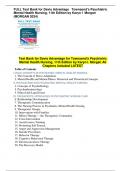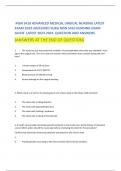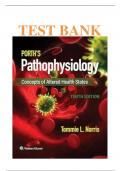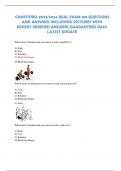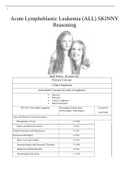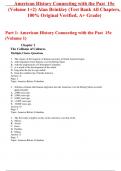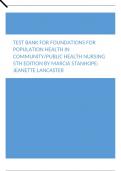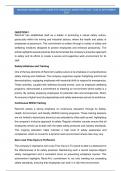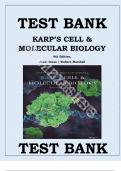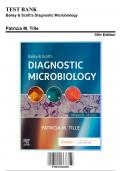Tentamen (uitwerkingen)
Test Bank for Davis Advantage for Townsend's Psychiatric Mental Health Nursing, 11th Edition by Karyn I. Morgan All Chapters included LATEST
Test Bank for Davis Advantage for Townsend's Psychiatric Mental Health Nursing, 11th Edition by Karyn I. Morgan All Chapters included LATEST Chapter 1. Mental Health and Mental Illness 1. A nurse is assessing a client who is experiencing occasional feelings of sadness Because of the recent death...
[Meer zien]
